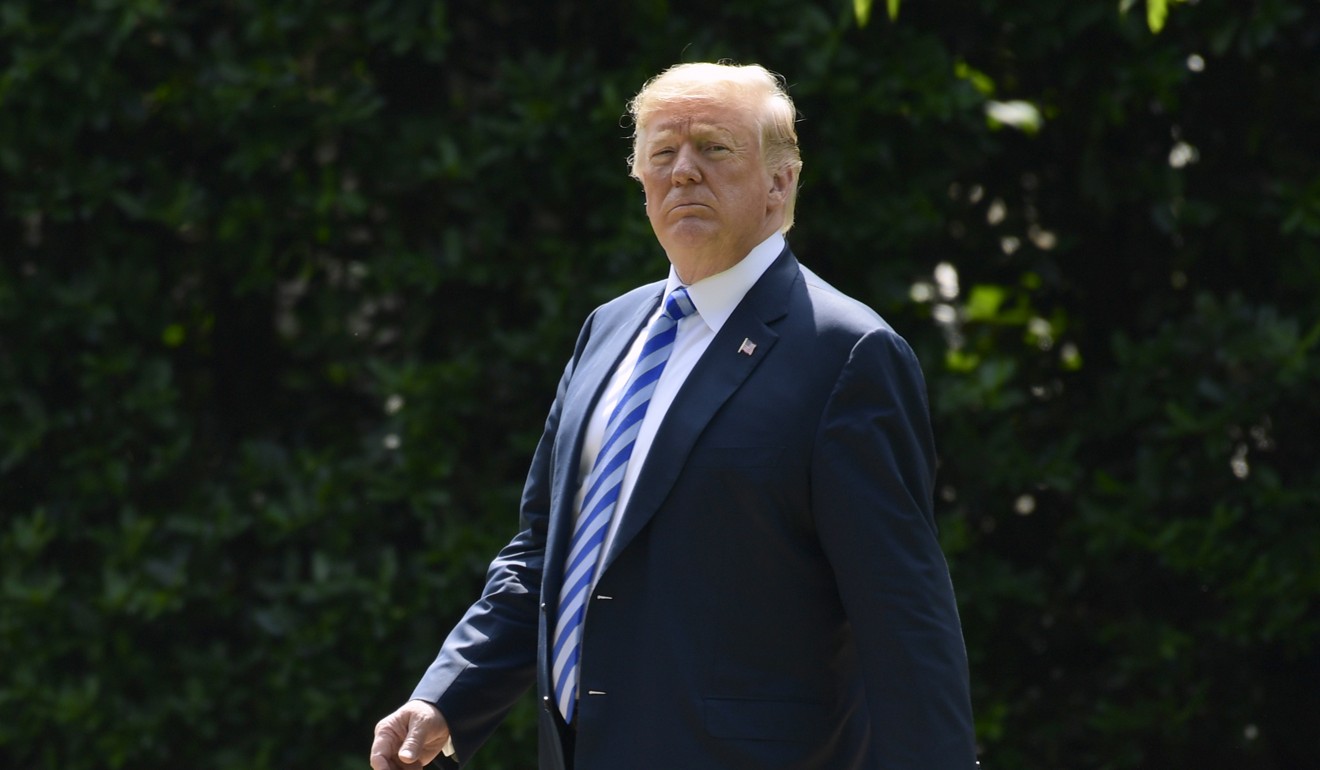
As US and EU square up on trade, one country stands to benefit: China
Squabbling between the former allies is likely to work in the ultimate interests of only one country: China
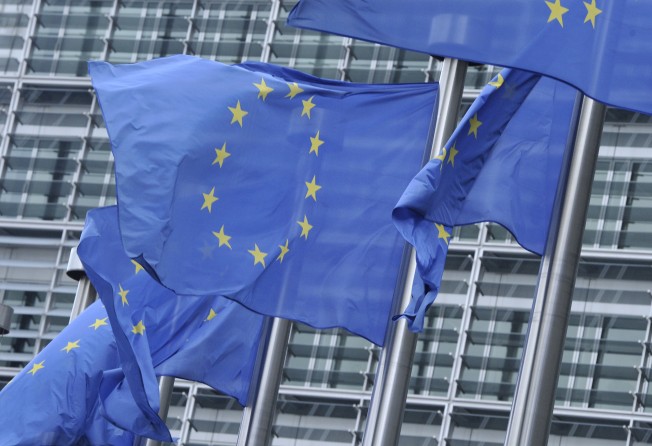
The European Union and the United States should, in terms of trade flows, have common cause when it comes to China. Both suffer the same plight: enormous trade deficits.
In 2017, the pattern of the previous decade since China joined the World Trade Association in 2001 was repeated. Of their total trade with China – US$578 billion for the US and US$431 billion for the EU in 2016 – only a third was from exports while two-thirds were from imports, leaning in China’s favour.
This concern about China’s mercantilist behaviour is something the EU and US have raised at their separate high-level bilateral dialogues with Beijing many times. They have aimed to have greater market access, to get fairer treatment for their exporters, and, over the years, have used trade weapons like tariffs and anti-dumping measures.
Going back to 2005, the EU had its famous “bra wars” dispute with Beijing, arguing about the textile trade. An even larger spat occurred in 2013 over solar panels, in which each side threatened the other until they negotiated a deal over imports of equipment that was seen as threatening businesses in Europe because of generous state subsidies allowed to Chinese competitors.

In 2017, US President Donald Trump’s tariffs on steel spoke to European concerns – steel production has been decimated by the overwhelming influence of Chinese producers. What has been unexpected, though, is what Jean Claude Juncker, the president of the European Commission, called on May 10 the “ferocity of the US attack”. He was referring not to Trump and China, but Trump’s actions against the EU. The tariffs, which were originally seen as aimed at China and which the EU managed to negotiate a reprieve from, have now been imposed on EU trade.
Even in late 2016, this action towards a key ally and trade partner would have been seen as unthinkable. In the world of Trump, however, we must all start using our counter-intuition – nothing goes quite as expected.
There are two things the EU needs to keep in mind through all of this. Since the 1980s, one of the very few things that Trump has shown any consistency over – perhaps the only thing – is a highly protectionist view of trade.
He has long railed against Japanese trade practices, and during his presidential campaign in 2016, he referred to China in much the same way with almost obsessive regularity. It should not be a surprise that while on almost every other matter he has dithered and obfuscated before making decisions – the mystery is that on this one he did not move earlier. It has been a core article of faith for all of his adult life that trade imbalances not in the US’s favour, no matter what economists might say to the contrary, are a bad thing.
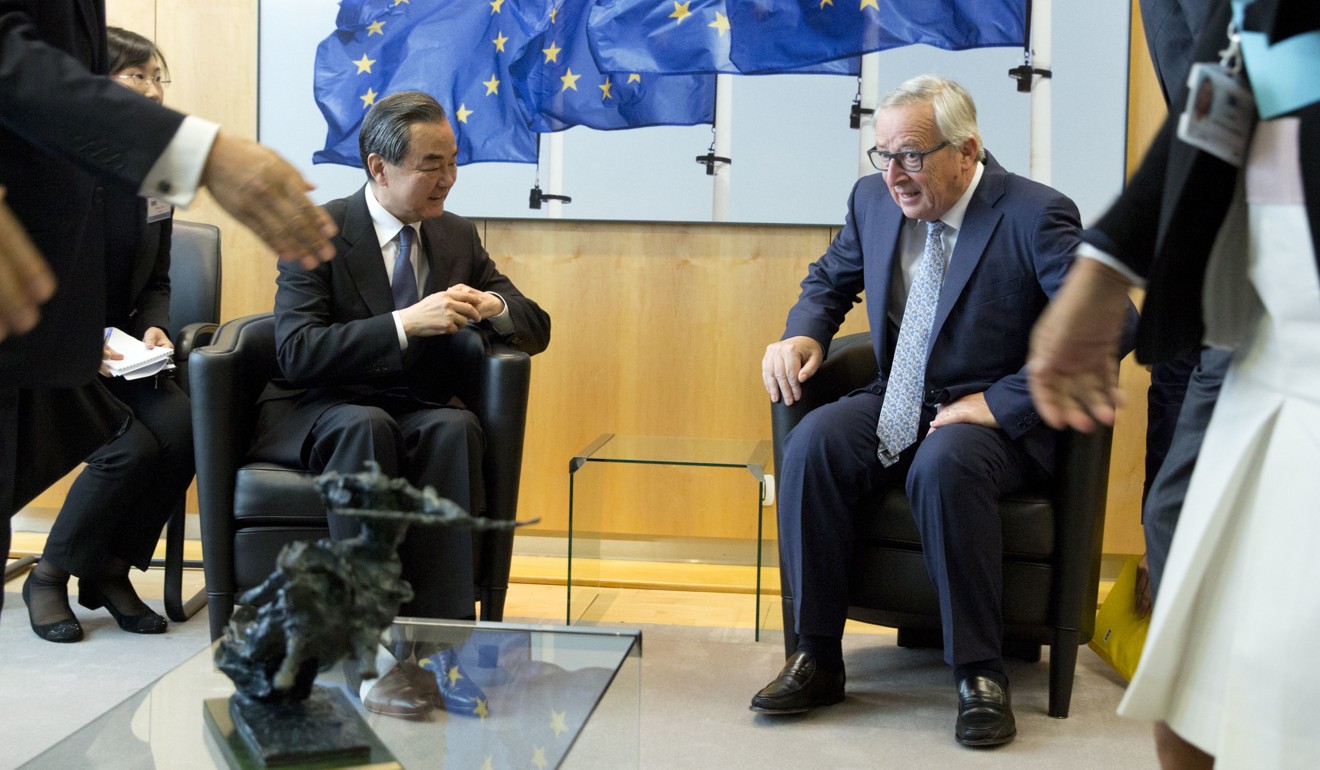
The second is that, as the Australians and many others are finding out, the comfortable assumptions of most of the post second world war period of US dependency in security, trade and politics no longer stands – or stands but in a more qualified way than it ever did before.
No, the US has not walked away, and is not likely to. It remains committed to Nato and other core institutions. But its demands of what Trump calls a fairer deal have to be listened to. When he spoke at the Nato summit last year of the need for European partners to start contributing more to their defence, that was a first shot across the barrel. The trade issues are a second.
The implication is clear. The EU will now have to start crafting its own narrative much more about how it works in the wider world. It can no longer comfort itself that there is an ultimate referee in Washington. There clearly no longer is – not at the moment at least. And while scary, this is also liberating. The EU has to start doing what everyone else in this triangle of the US, China and itself does and place its own interests first. It might have a Nobel Prize for peace, but it cannot be run as a benign charity.
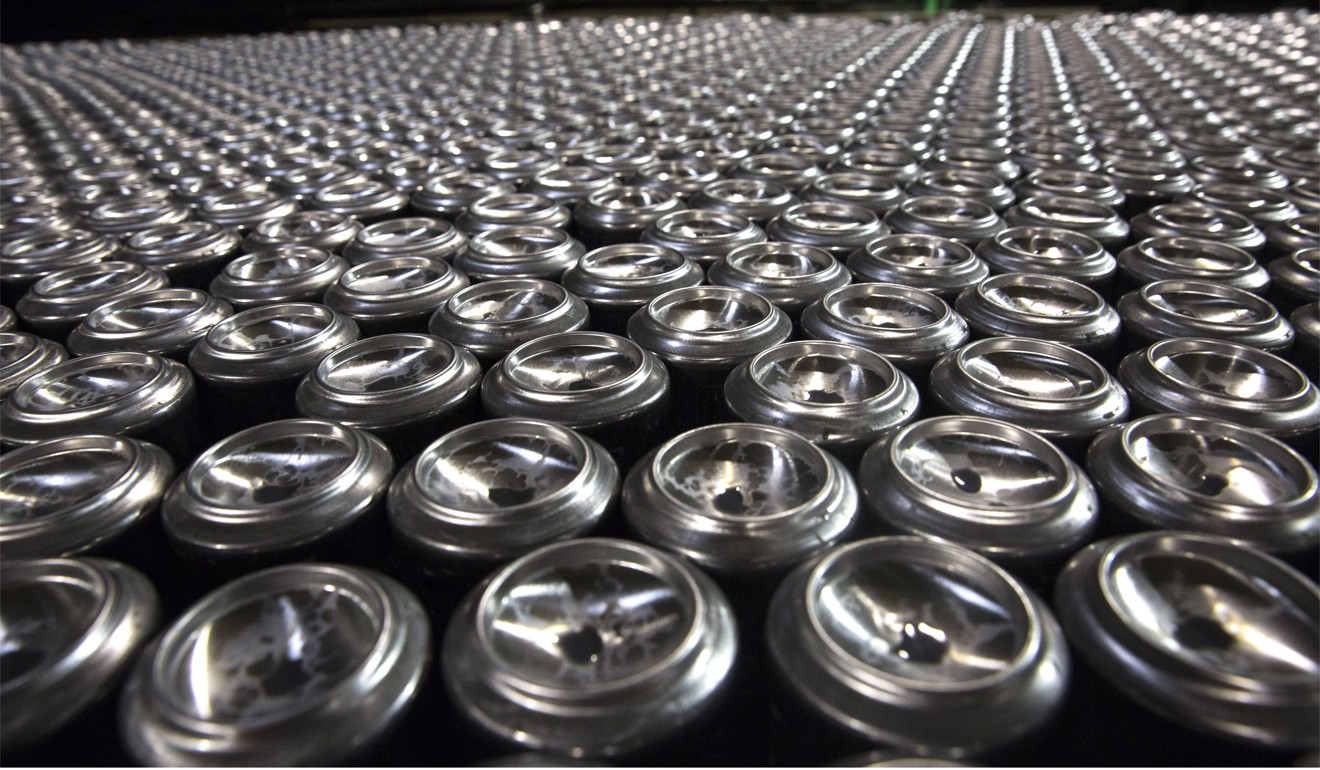
This means that the neatness of facing China in a way which is largely aligned with the US, and works in concert with it – something that has been the case for all of the post-1978 period during China’s reform and opening up – is now absent.
Trump’s actions have eroded trust with its closest ally, and this means the EU has to face China on its own two feet. Things it contemplated and never had the political will to do before, such as lifting the arms embargo put in place after the 1989 Tiananmen uprising, might now be worth revisiting.
The arms embargo, in particular, is seen by the Chinese as a trade issue, and a symbol of unfriendliness. And it is clear that the main security issues in any case are addressed by generic regulations and legislation, meaning the EU cannot export dual use or military equipment to anyone it does not completely trust. Having a separate country specific embargo is superfluous.
Even before Trump, some European partners have tiptoed towards a more independent approach to China. The UK famously aroused the ire of the Obama administration in 2015 when it joined the Chinese initiated Asian Infrastructure Investment Bank (AIIB). Germany, France and others followed. With some of Trump’s key advisers, past and present, highly sceptical to almost viscerally antagonistic about the Belt and Road Initiative, we should expect more clashes.
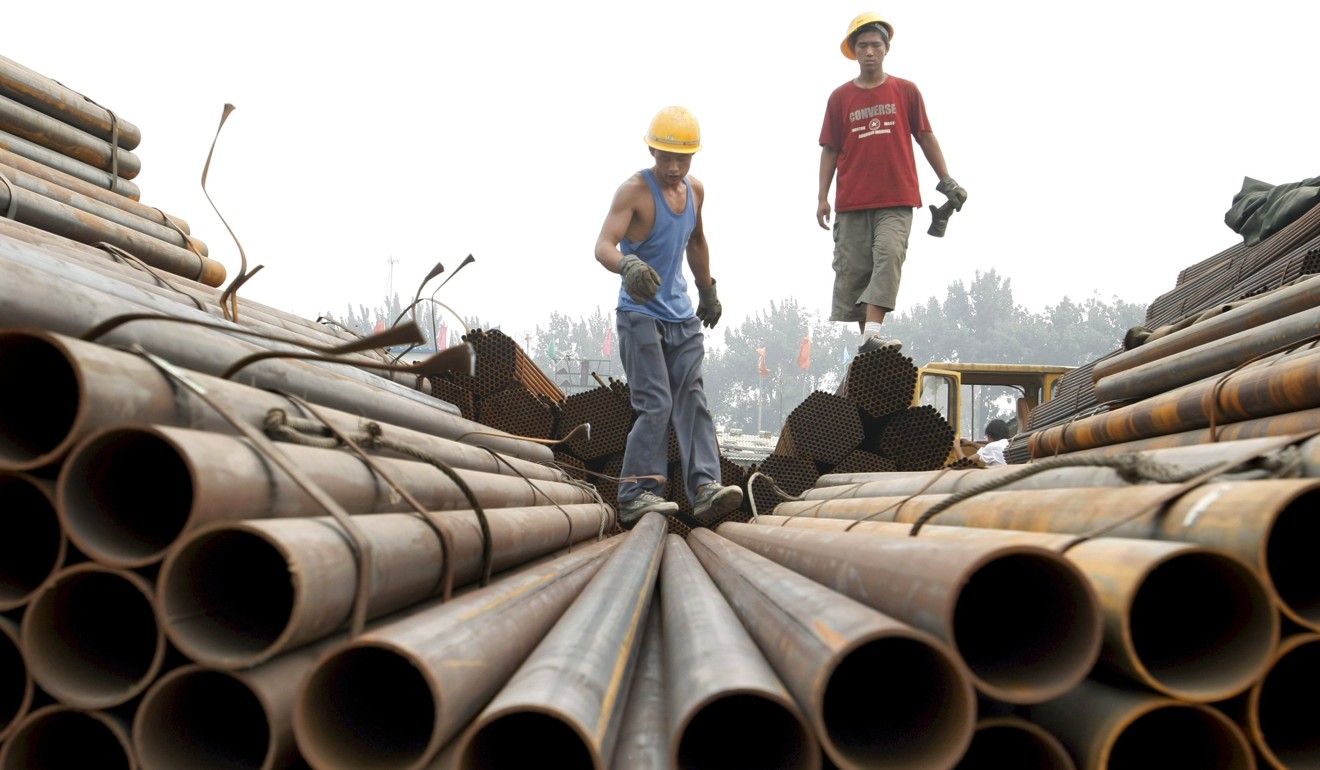
It is a huge pity that this has come to pass. In fact, working closer in areas such as trade to put pressure on China is probably more necessary now than ever before. Market access remains poor; investors do not enjoy a level playing field in China (ask anyone how easy it is as a foreigner to buy a flat in London or Beijing to get the answer to that one); concerns about intellectual property protection, despite Chinese President Xi Jinping’s reassuring words at the Boao Forum in April, remain. While there should be unified collaboration on these issues to put real pressure on Beijing, instead the US and the EU are squaring up against each other.
And this sort of distraction is likely to work in China’s ultimate interests, not those of Europe and America who were, until only a few months ago, the closest of allies and the most cooperative of partners. ■
Kerry Brown is director of the Lau China Institute, King’s College, London